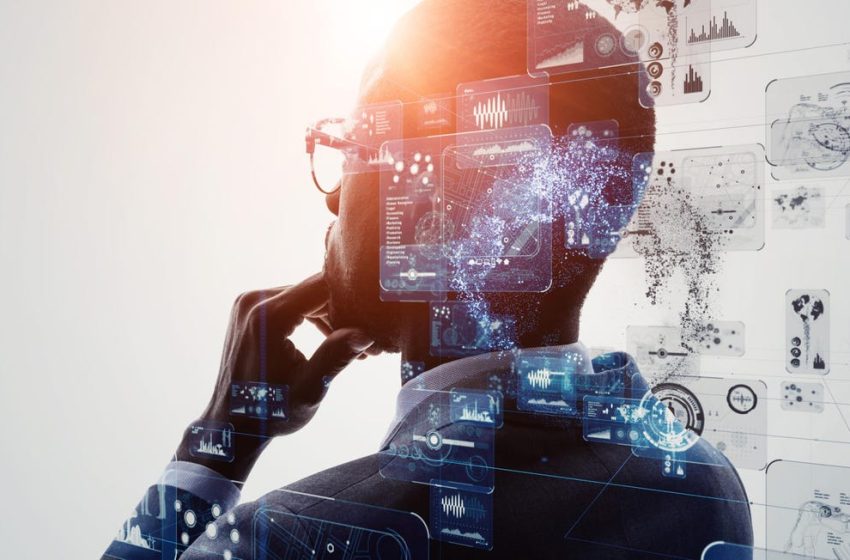AI and the Future of Work: How Automation Will Impact Employment

Artificial intelligence (AI) has been the topic of much discussion, and it’s clear that automation will significantly impact the future of work. Industries will undergo a massive change, and millions of jobs worldwide could become redundant. While some experts argue that AI will create new professions and opportunities, others claim that it will result in substantial unemployment.
Several industries have already undergone significant changes due to automated machines and AI technology. For example, the manufacturing industry has seen a vast decline in jobs. Automation has led to the reduction of manual and repetitive tasks, as robots can work continuously and consistently without requiring a salary.
Despite this, AI is not just capable of executing simple tasks such as folding laundry or assembling products on an assembly line. It can also recognize patterns and make decisions based on data, making it possible for it to complete more complicated tasks requiring an advanced level of deductive reasoning. In fields such as healthcare, where time is crucial and human attention to detail is imperative, AI has already begun to show tremendous potential.
The increase in AI adoption is expected to affect a variety of industries such as transportation, education, hospitality, retail, banking, and much more. For example, with the rise in autonomous vehicles and drone technology, transportation and delivery services may no longer require drivers, and couriers will become a thing of the past. Additionally, the use of virtual assistants and chatbots is steadily growing, which are tools that can provide customer service without the need for human agents.
The central issue with AI’s development in the workplace is that as it advances, it will affect not only low-skilled jobs but also highly skilled ones. Positions that require technical expertise, such as lawyers and doctors, are also at risk of being automated. For instance, AI-based voice recognition software could be used by healthcare professionals to help detect early signs of certain diseases, reducing the need for highly trained physicians.
In conclusion, although AI is creating new opportunities for the job force, there is an increasing concern that automation could result in significant unemployment. However, experts can’t reach a consensus on the extent of AI’s impact on the job market, and with new advancements in the field, ideas are likely to change with time. As AI is still in its early stages, there’s much to learn about its potential impact on the future of work, and we need to prepare for the effects of the transition. Companies and government entities must take responsibility and ensure they implement regulations and policies to safeguard workers and create new opportunities. The key to success in the future will be to find ways to blend the strengths of humans and machines productively.







1 Comment
[…] can input questions or prompts and receive responses generated by artificial intelligence. The AI assistant can be used for various tasks such as drafting emails, composing stories or scripts, summarizing […]
Comments are closed.